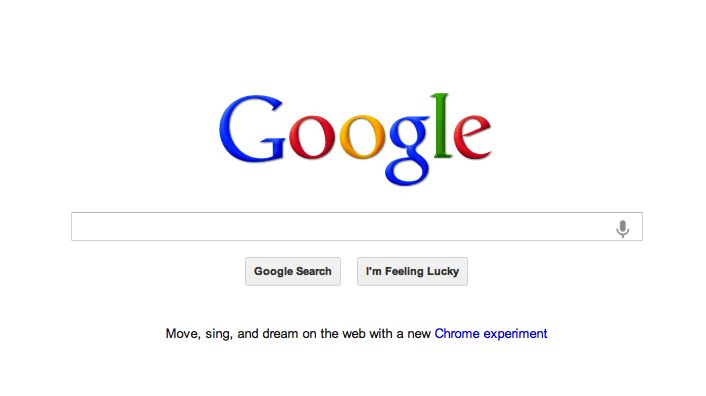FTC chair: We'll wrap Google antitrust investigation soon

The gauntlet could drop on Google by year's end if the U.S. Federal Trade Commission finds it guilty of antitrust practices.
That time frame is highly likely as Jon Leibowitz, chair of the commission, reportedly told a group of reporters Wednesday that the agency has nearly completed its investigation into allegations of anti-competition practices.
The commission, he said, is on track to meet the deadline set for the end of 2012.
"I think that we're going to try to get this resolved by the end of the year," he remarked.
Guilty results?
Allegations of anticompetitive practices arose after Google made changes to how it ranks search results and to its search-related advertising price structure.
The FTC's investigation has centered on whether these changes have given Google an unfair advantage, allowing the search giant to keep larger market share for itself.
Google's defense is that the changes were made for the sake of an improved customer experience, not to hoard a larger part of the market.
Sign up for breaking news, reviews, opinion, top tech deals, and more.
Leibowitz, prompted by a reporter's query, didn't say whether the five-member commission has received an enforcement recommendation from the staff conducting the investigation.
"We have not decided as a commission what we're going to do, [or] where we're going to go with respect to Google," he said.
"We're doing what we're supposed to be doing – we're weighing the evidence, we're thinking it through, in a collective, collaborative bipartisan way."
If Google is found guilty of antitrust violations, the FTC will hold a trial within eight months of the complaint being filed, Leibowitz said.

Michelle was previously a news editor at TechRadar, leading consumer tech news and reviews. Michelle is now a Content Strategist at Facebook. A versatile, highly effective content writer and skilled editor with a keen eye for detail, Michelle is a collaborative problem solver and covered everything from smartwatches and microprocessors to VR and self-driving cars.